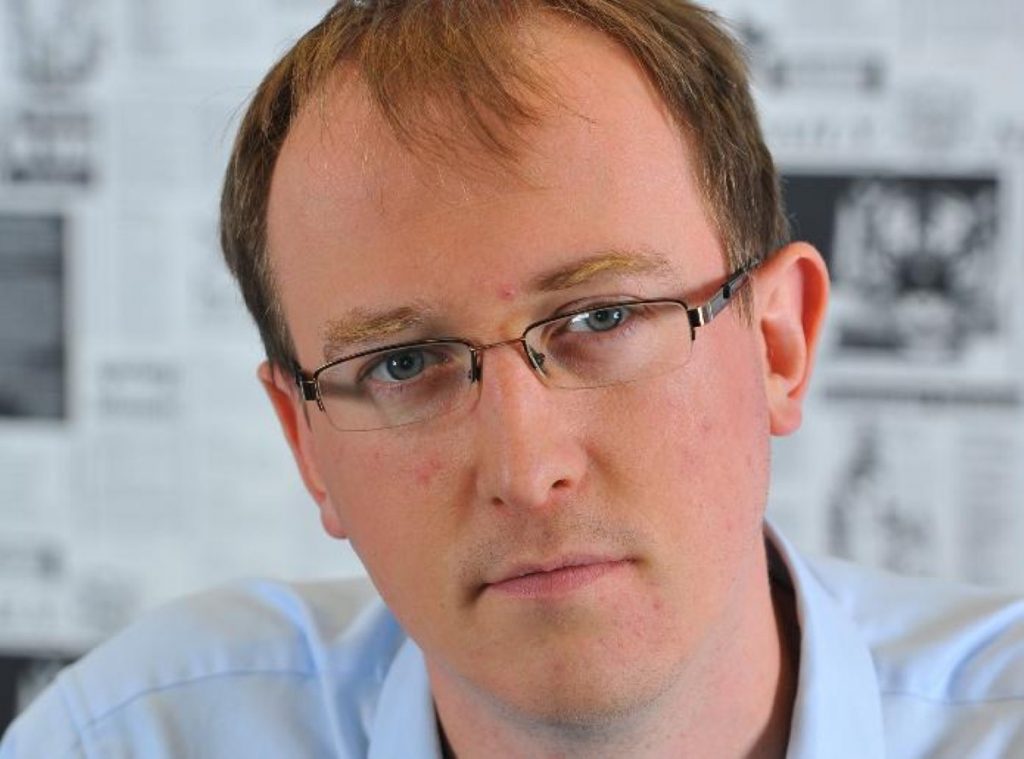Comment: Whenever Cameron confronts Scottish independence, the ‘no’ campaign winces
The prime minister can't open his mouth on the Scottish referendum without strengthening the nationalist cause. As he's admitted himself, he's a walking advert for independence.
"I love this country," David Cameron declared at the Olympic Park. "And I will fight with everything I have to keep this country together."
The prime minister's enthusiasm is laudable. His problem, regrettably, is that his ability to contribute to the 'no' campaign is rather embarrassingly limited – as the deeply hostile reaction to his speech from angry nationalists is demonstrating.


Haud yer wheesht @David_Cameron – I'm pretty pro union but every time you speak I take a step towards the yes camp. #indyref
— Laura Hastie (@Laura_Lou81) February 7, 2014
What idiot advised Cameron to speak in London about Scotland? Scots are reacting to lectures from Westminster. #indyref
— John Mandeville (@blueskysinking) February 7, 2014
Cameron's speech is like the plea of an abusive partner. I want you to stay! Remember the good times! Never mind the harm. #indyref #voteyes
— Myshele Goldberg (@myshgold) February 7, 2014
Cameron's speech is controversial for three reasons.
Firstly, it's taking place in London. He hasn't even bothered to venture north of the border! Yet this is the whole point: he's trying to talk to the rest of the UK about Scotland, not talk to Scotland about the rest of the UK. The PM wants to encourage everyone in England, Wales and Northern Ireland to talk more about how marvellous they think Scotland is.
Second, the speech taking place in the Olympic Park. This triggers outrage because Scottish taxpayers helped pay for it, of course. But it also fosters memories of the triumph of London 2012, when athletes like Chris Hoy and Andy Murray proudly won medals for Team GB. Again, the primary audience is not the four million people who will be voting on September 18th, but the 63 million other people in the country.
Thirdly, Cameron's decision to pop his head up above the parapet has given the nationalists another chance to complain about his refusal to debate with Alex Salmond. With the 'no' campaign so far ahead in the polls, there's no point gambling with a televised debate. So why should Cameron take the chance? By making the arguments in a big speech, the PM is nevertheless helping the nationalists.
All of this goes to reinforce the strategic point of this speech – that the benefits of mobilising public opinion in the rest of the UK outweigh the negative impact of the prime minister getting involved.
For there is no doubt that No 10 accepts this particular PM – a Conservative old Etonian with a posh haircut – is not likely to be the greatest of assets in the coming vote.
Cameron knows this himself, when he was labelled a "Tory toff" by one Labour backbencher in PMQs. Ian Davidson told the PM, in front of a packed Commons chamber, that the man before him was the last person he wanted representing him in the 'no' campaign.
Cameron's response was modest, but revealing: "I humbly accept that while I'm sure there are many people in Scotland who would like to talk about this issue, my appeal doesn't stretch to every single part."
This is why Dave has to keep his head down as much as possible. Of course he has to make speeches about this huge issue from time to time. But, like today's effort, they are framed as far as possible away from the Scottish voters.
Talking to the rest of the country carries its own risks. Wavering Scots might be offended that he won't talk to them directly, for example. But with perils on every turn, it's not clear there's a perfect strategy for Cameron to follow.
Apart from all this unionist handwringing, mollified only by the fact a 'yes' vote looks thoroughly unlikely, Cameron's address ticked almost all of the boxes. It mentioned whisky. It mentioned bagpipes. If he had just gone a bit further and chucked in a reference to the Proclaimers too, it would have been a smash hit.
Another surprising announcement in Cameron's speech #secrectkiltfetish #indyref pic.twitter.com/X6tSXXW7xL
— Erich McElroy (@erichmcelroy)
Alex Stevenson is parliamentary editor of Politics.co.uk
The opinions in Politics.co.uk's Comment and Analysis section are those of the author and are no reflection of the views of the website or its owners.

